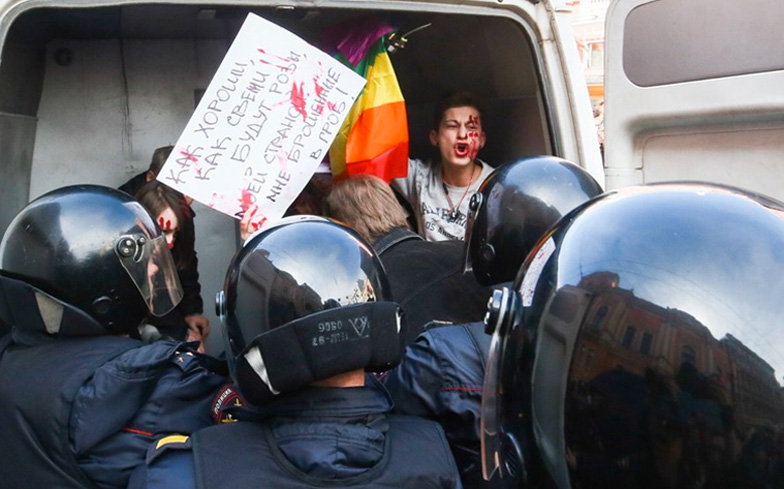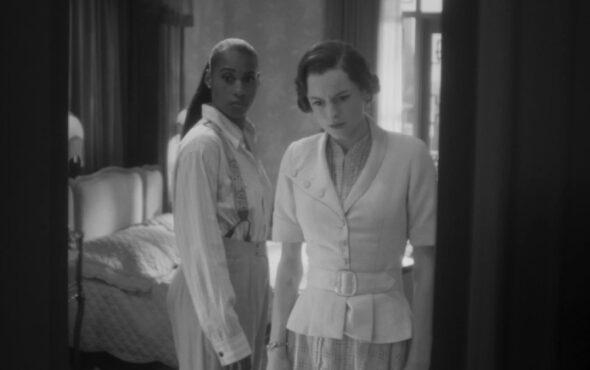
Nearly a third advocate isolating them from society.
A new study, conducted by the independent Levada Center, on how Russians view people who deviate “from socially accepted norms” has found that nearly one in five Russians would advocate “eliminating” the LGBTQ community.
The poll was conducted from 20 to 26 February earlier this year, asking 1,614 Russians over the age of 18 from both urban and rural settings.
Despite the worrying number, this is actually a fall from when the poll was last done in 2015. Back then, 21% of Russians were in favour of elimination. Similarly, the amount of Russians who felt that LGBTQ community should be “isolated from society” has fallen from 37% to 32%.
There was also a rise in the amount of Russians who felt the LGBTQ community should be left alone, rising from 24% to 32% and an increase in the amount of people who believed they should be assisted, rising from 6% to 9%.
The study also found that 79% of Russians wished to assist people suffering from HIV/AIDs.

Although more advocated eliminating the LGBTQ community over drug addicts, prostitutes and feminists, they did rank below religious sects, extremists, murderers, peadophiles and terrorists.
Speaking to the Kommersant newspaper, Levada sociologist Karina Pipiya, said: “The stigmatization of socially vulnerable people has decreased over the past 30 years, and norms that require helping and not isolating from them have expanded.”
A survey last year also found that attitudes toward the LGBTQ community in Russia were improving, with another Levada poll finding that support had risen to 47%.
The survey did still throw up some worrying statistics, finding that most Russians (56%) still have negative opinions on the LGBTQ community, and 31% would stop talking to a friend if they were LGBTQ.
And despite homophobia being widespread in Russia, nearly half of respondents (45%) didn’t know about these cases. A fifth of respondents (20%) only believed that there were a few cases. And nearly half of respondents (46%) believed that sexuality could “change under the influence of external circumstances.”
Related: Tatler makes history as first Russian magazine to feature a trans cover star



